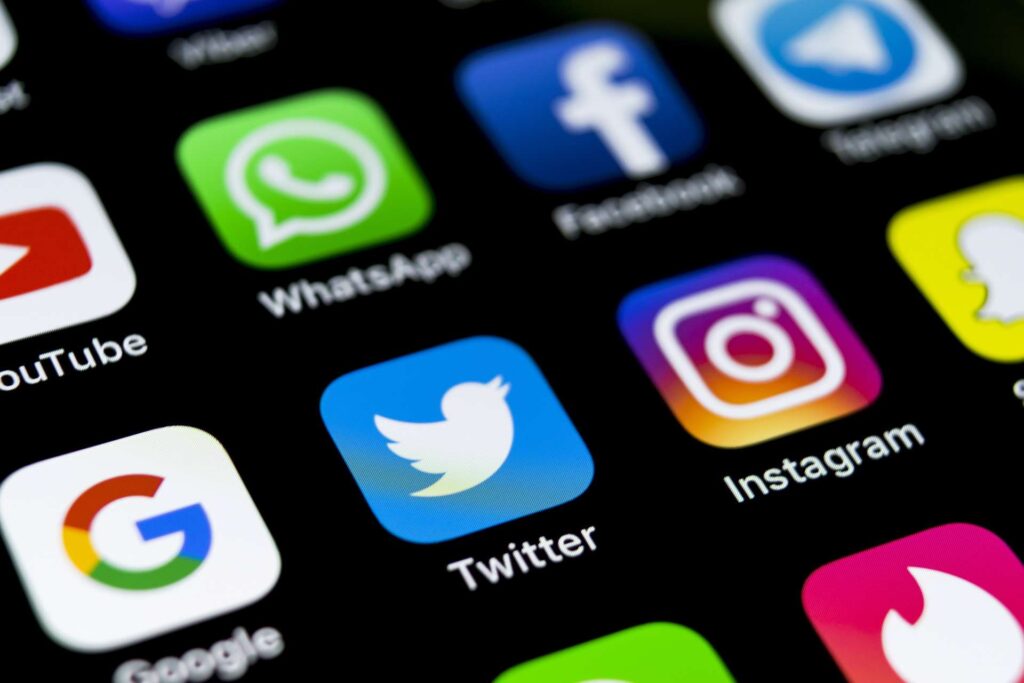
Audience
- Sentiment: Cautionary
- Political Group: Skeptics of influencer culture
- Age Group: 18-34
- Gender: Female
Overview
- Belle Gibson deceived followers by fabricating a terminal cancer diagnosis to promote wellness products.
- Her story highlights the dangers of unverified health advice in the age of social media.
- The fallout from her lies raises questions about the ethical responsibilities of influencers.
The Rise and Fall of Belle Gibson: A Cautionary Tale of Deceit in the Age of Social Media
Imagine waking up every morning, scrolling through your social media feed, and coming across posts from influencers who claim to have all the answers to your problems. Whether it’s beauty tips, workout routines, or health advice, it seems like everyone is trying to sell you something. Among these influencers, one name once stood out: Belle Gibson. She was an Australian wellness blogger who claimed to be living with a terminal brain tumor, but her story turned out to be a web of lies. The shocking revelation of her deceit has much to teach us about trust, manipulation, and the dangers of unverified information online.
Belle Gibson’s Illusion
In the early 2010s, Belle Gibson captured the hearts of many when she started sharing her story. She claimed to be battling brain cancer and had turned to alternative medicine to heal herself. Her Instagram and blog were filled with inspirational messages about wellness, healthy living, and the power of natural remedies. She even published a cookbook that promised to help others heal through “pure” foods. Thousands of people looked up to her, admiring her strength and courage in the face of illness.
What made Gibson’s story even more compelling were the countless anecdotes about her fight against cancer. She spoke about her experiences in hospitals and treatments like chemotherapy, and how she overcame pain and suffering through diet changes and positive thinking. Her followers were drawn to her message; they found hope in it. But behind the carefully curated posts and the glowing images of healthy meals, a darker truth was brewing.
The Investigation Unfolds
As her popularity grew, so did scrutiny of her claims. Justin, Lucy’s boyfriend, who is also a dedicated journalist, began to dig deeper. Lucy was a cancer patient who had looked up to Gibson as a source of hope. Inspired by Gibson’s message, Lucy decided to forsake conventional cancer treatments and instead follow the strict diet regimen that Gibson promoted. Despite warnings from her doctors, Lucy believed she could heal herself with the power of food. This choice highlights a critical issue in the wellness influencer movement: vulnerable people seeking answers can be easily misled.
Justin’s investigative work led him to uncover shocking inconsistencies in Gibson’s story. He found that there was little to no evidence supporting her claims of having a terminal illness. There were no medical records confirmed by any reputable source. Belle Gibson had essentially fabricated a narrative to build her brand and gain followers. Moreover, she had made promises about donating a portion of her earnings to charities but never followed through on those promises. This betrayal made it even more devastating for those who had trusted her implicitly.
The Fallout and Its Impact
The fallout from Gibson’s exposure as a fraud was immense. Many of her followers felt betrayed and exploited. They had listened to her, looked to her for guidance, and even changed their lives based on her recommendations. For Lucy, the repercussions were even more severe. After rejecting traditional treatment in favor of Gibson’s unproven methods, Lucy’s health began to deteriorate. It serves as a harsh reminder that not all wellness advice online is backed by science or genuine experience.
Gibson later faced legal action and public outrage as her deceptive actions came to light. She had built her entire influencer empire on the back of lies, selling false hope to those who were already in vulnerable situations. This left many people questioning the ethical responsibilities of influencers, especially those who claim to represent health and wellness.
Lessons Learned: The Dangers of Unregulated Social Media
Belle Gibson’s story serves as a stark warning about the unregulated world of social media. In a time when anyone can publish information and have it spread like wildfire, it’s vital to approach what you see online with a critical lens. Gibson’s rise and fall echo the stories of other con artists, such as Anna Delvey, who also manipulated people through deception and charisma.
Both women shared a talent for persuasion, leveraging their circumstances to gain trust. But it’s not only the influencers who are to blame. Followers must also take a step back and critically evaluate the content they consume. Are the claims substantiated by credible sources? Is there an agenda behind the posts? The line between inspiration and manipulation can often become blurred, making it easy to get lost in the haze of online content.
The Need for Critical Evaluation
In a world where health trends come and go, it becomes increasingly important to listen to trusted voices in medicine. Healthcare professionals, including doctors and nutritionists, undergo years of education and training to provide sound advice. On the other hand, influencers often lack this depth of knowledge and experience. Therefore, followers must empower themselves with the ability to discern fact from fiction.
So, how do we cultivate that critical eye? Here are a few tips:
1. Check Credentials: Look for information from reputable medical organizations or professionals. Before trying anything someone claims will heal or improve your life, ask: Are they trained? What are their qualifications?
2. Cross-Reference: Don’t take information at face value. Research further and see if multiple credible sources back these claims. If something sounds too good to be true, it often is.
3. Ask Questions: Engage in discussions with professionals or trusted adults who can provide insight. If someone is promoting health advice, ask them what scientific evidence supports their claims.
Conclusion: Trust but Verify
Belle Gibson’s saga leaves behind a complex tale of trust, betrayal, and the consequences of unchecked influence. It serves as a reminder that while social media can be a platform for positive change, it can also be a breeding ground for deception. As we navigate through the vast amount of information bombarding us every day, let’s learn to be vigilant consumers of content.
Next time you come across a wellness influencer, ask yourself: Is this information reliable? Could any recommendations cause harm? Staying educated and skeptical can protect not just our health but our well-being in a broader sense.
Have you ever followed someone online and later learned they weren’t who they claimed to be? What did you learn from that experience? Share your thoughts and stories in the comments below!






